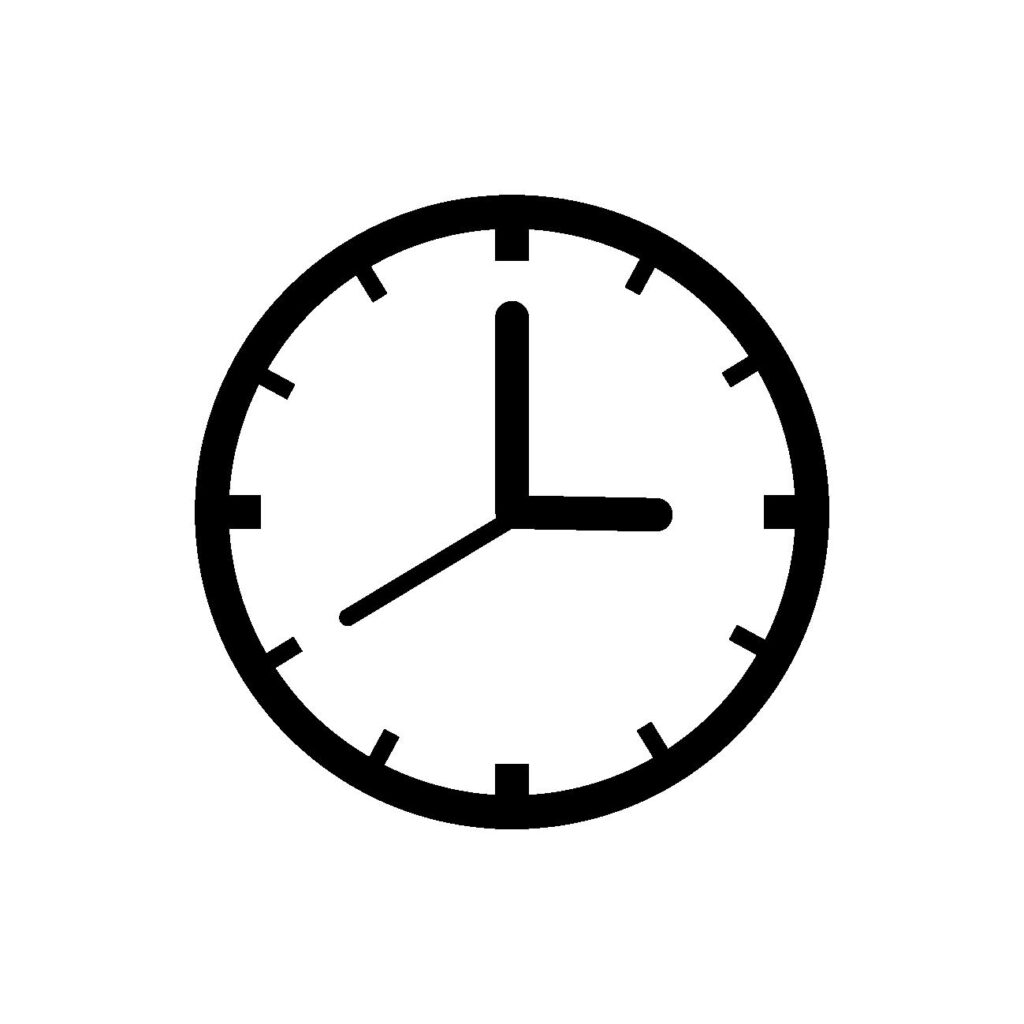・To call
・Receive a call
・Make a reservation
・Call work
Learn how to speak on the phone.
The language used will change depending on the situation, such as talking with friends, contacting at work, or making a reservation at a restaurant, so let's master each.
電話での話し方を学びましょう。
友達との会話や仕事での連絡、飲食店の予約など、シチュエーションによって言葉遣いも変わってくるので、それぞれマスターしましょう。
To call 電話をかけるとき
Hello.
→「もしもし」
"moshi moshi"
First greeting on the phone.
It also has the meaning of confirming whether a call has been connected and is a term used by both the caller and the recipient.
It's a relatively casual way of saying it, so you shouldn't use it too often on the phone at work.
We become indebted to.
「お世話になっております」
"osewani natte orimasu"
This is a polite way of saying this when making a business phone call.
It means gratitude for daily transactions.
「お世話になっております。わたくし~と申(もう)します。」
Use it like this.
I’m sorry to bother you.
「お忙しいところすみません」
"oisogashii tokoro sumimasen"
This is a polite way of saying this when making a business phone call.
Receive a call 電話に出るとき
Hello.
→「もしもし」
"moshi moshi"
This is a casual way of saying it in a private setting.
Do not use it at work or when answering a phone call from a business partner.
Thank you for calling.
「お電話ありがとうございます」
"odenwa arigatou gozaimasu"
Used when answering a call from a customer or business partner during work.
Say "お電話ありがとうございます"and then give your name.
Thank you for waiting.
「お待たせいたしました」
"omatase itashimashita"
As a business phone etiquette, it is desirable to answer within 3 calls.
If you keep the other person waiting longer than that, you should add "お待たせいたしました".
Make a reservation 店の予約をする
Is it a "store name"?
→「"store name"ですか?」
"~desuka?"
If you call the store, they will basically tell you the name of the store.
However, if you miss it, let's check first.
I'd like to make a reservation.
→「予約をしたいのですが」
"yoyaku wo shitai nodesuga"
→「予約をお願いします」
"yoyaku wo onegai shimasu"
After confirming that it is the correct store, please let us know that you would like to make a reservation.
"
reserve"="予約(yoyaku)"
Three people, please.
→「3人でお願いします」
"sannin de onegai shimasu"
From 19:00, please.
→「19時からでお願いします」
"juukuji karade onegai shimasu"
Please let us know the number of people and time.
I would like the 2000 yen course.
→「2000円のコースでお願いします」
"nisen en no ko-su de onegai shimasu"
I'd like to add all-you-can-drink.
→「飲み放題をつけたいのですが」
"nomihoudai wo tsuketai nodesuga"
Let's tell the other party if there is a plan such as a course meal.
It's a good idea to check the homepage in advance to see what kind of plans are available.
I would like to reserve a seat only.
→「席のみの予約でお願いします」
"sekinomi no yoyaku de onegai shimasu"
If you don't want a plan such as a course meal at the restaurant, please let us know.
Thank you.
→「よろしくお願いします」
"yoroshiku onegai shimasu"
Once you have made a reservation, say hello and hang up the phone.
Call work 職場に電話する
「お疲れ様です。」
「~です。」
"otsukaresama desu"
"~desu"
First say "お疲れ様です(otsukaresama desu)" and then say your name clearly.
The train is late, so I will be 10 minutes late.
→「電車が遅れているので、10分遅れます。」
"densya ga okureteiru node, juppun okure masu"
I will go at 6:30 because the class is long.
→「授業が長引いたので、6時半に行きます。」
"jugyou ga nagabiita node, rokuji han ni ikimasu"
I have a fever since this morning,
so I will be absent today.
→「朝から熱があるので、今日は休みます。」
"asakara netsuga arunode, kyouwa yasumi masu"
If you are late or absent from work, be sure to explain the reason and duration of your tardiness.
In addition, it is important to inform the workplace as soon as possible as soon as you find out.
Related article
・How to read the clock 時計の読み方



